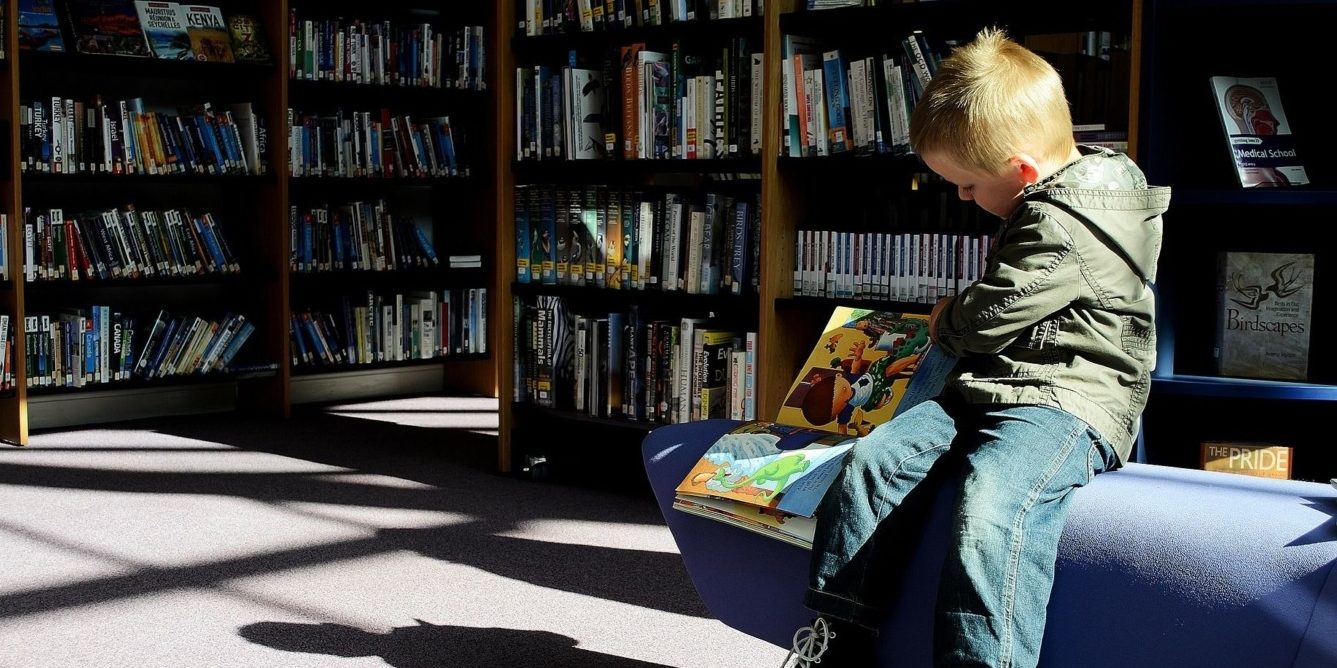Barcelona school removes sexist literature from library
In a recent debate over the content of children’s books, schools across Barcelona have considered removing books that reproduce stereotypical and sexist ideas. This is part of a project by the Associació Espai i Lleure to highlight hidden sexist content. The process involved reviewing the ratio of female to male speech and the roles that different genders perform. Following this review, the board concluded that 30% of the Tàber School’s infant library was highly sexist and had no value towards education.
An important part of this story is that the libraries kept the more progressive versions of the same stories, which shows how it is not the story itself that is being censored but the representations of gender and the way the story is told. Schools are not trying to restrict the stories that children are reading, just the way that those stories are conveyed.
According to the Associació Espai i Lleure, the reasoning behind this project is that the stereotypical depictions of relationships and gender roles will make children see this as normal and influence them later in life. This is supported by studies such as that of Murphy and Elwood, who argue for the concept of gender role socialisation. This study found that different early reading activities for girls and boys implicate the way they perceive their gender roles. Girls reading books in which female characters do not speak and have a secondary role could reduce their confidence and make them believe they have an inferior status.
Traditional books with stereotypes from the age they were written in replicate outdated gender stereotypes that have no place in modern society
I can see two essential sides to this debate. Society is changing and this needs to be reflected in the literature read by young children. They are the next generation and there needs to be a precedent set for the way that we want gender roles to grow more equal. Traditional books with stereotypes from the age they were written in replicate outdated gender stereotypes that have no place in modern society.
Research shows that by the age of 5, children have already established gender roles so the literature they are exposed to at an early age has a powerful impact on shaping this. Older children are able to think more critically on the sexism in the books they are reading but this is not the case with younger children. This project has been mirrored in the UK with the ‘Let Books Be Books’ project, aimed at ending gendered book titles. This shows a worldwide effort to make literature more progressive.
However, the implications of this project are clear. Schools are sending out a message that they intend to regulate the reading habits of young children. A practice of censorship is being set and this becomes problematic because there is nothing preventing future projects by more conservative groups to stop young children reading about topics such as LGBT rights.
This would be more effective as it would combat some of the attitudes and representations of gender roles they are exposed to in the wider world
Children should get a choice in what they read. A more powerful solution would be to allow the children to read the books but open conversations about why they are so problematic and how gender roles have changed since the books have been produced. This would be more effective as it would combat some of the attitudes and representations of gender roles they are exposed to in the wider world where there is no censorship.
Schools have a responsibility to ensure that children receive an equal standard of education that sets them up for life and learn lessons that are valuable to their development. Literature that is sexist and reproduces stereotypes is not helpful for their future so there is no need for it in schools.
The benefits of this project outweigh the implications. Young children are not having gender norms pushed onto them and in the long term, there is less gender role socialisation. Society has changed and the stories children are reading need to reflect this or we will be stuck in the past forever.

Comments